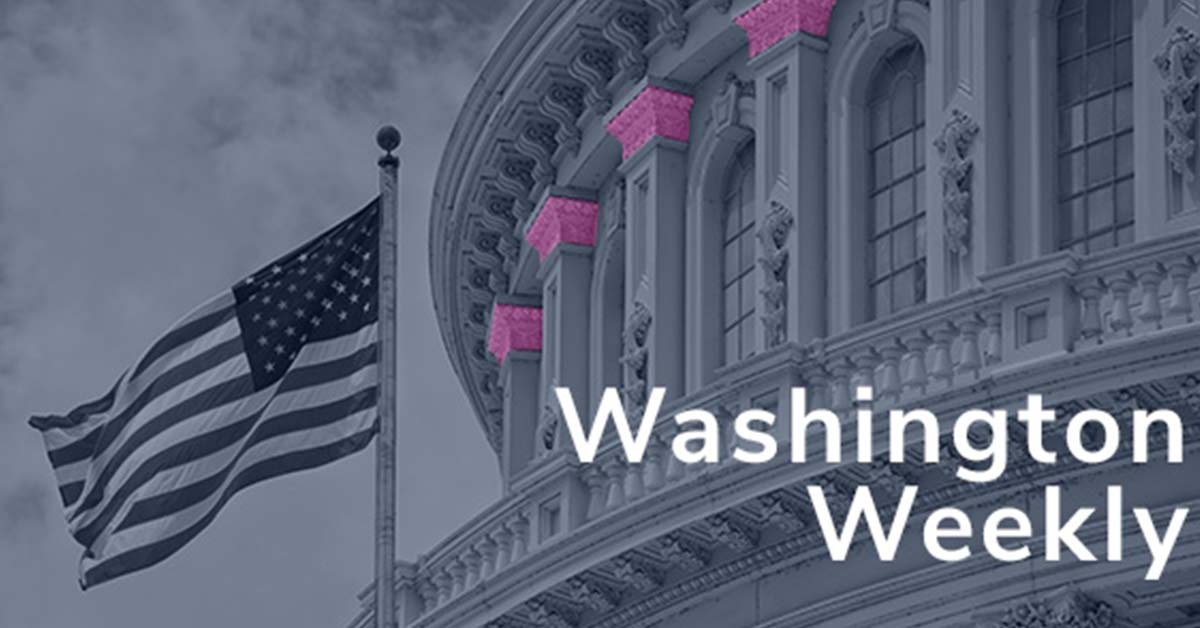Becker’s Washington Weekly: Week of January 23, 2023

The House
The House returns this week to take up a number of bills, beginning with a measure to require the Energy Department to craft a plan to increase oil and gas production leases on federal lands before it can continue to tap the Strategic Petroleum Reserve.
The Chamber will then proceed to several measures under suspension of the rules – which require a two-thirds supermajority to pass – including:
- Legislation that would create a working group within FEMA to study ways to streamline the damage assessment process following emergencies, in addition to mandating various federal agencies post quarterly disaster aid spending on a public federal database.
- A bill creating a task force to examine the FAA’s pilot notifications system following this month’s system outage causing temporary nationwide groundings of domestic flights.
- A bill requiring the Energy Department to make quarterly reports on its efforts to reduce or eliminate cost-sharing requirements to conduct R&D projects.
- Various small business-related bills that would increase investment caps in small business investment companies for certain financial institutions, while expanding the SBA’s microloan program disclosures and requiring its Office of Advocacy to represent small businesses abroad in regulatory and trade programs.
The Senate
The Senate also returns this week after a two-week recess to take up nominations and release its committee assignments where Democrats will hold a numerical majority after the party gained a seat in the November 2022 midterms.
The Administration
The White House staff hierarchy is changing this week with the departure of Chief of Staff Ron Klain who served for the first two years of the Biden Administration. Replacing him is Jeff Zients who previously served in both the Obama and Biden Administrations.
Zients assumes the role as House Speaker Kevin McCarthy (R-CA) calls on President Biden to negotiate with congressional Republicans on raising the debt ceiling – something the President has previously vowed not to do. Last week, the Treasury Department announced that the limit had been reached, but that it would employ a series of “extraordinary measures” that would push the practical effects of a breach until June.





